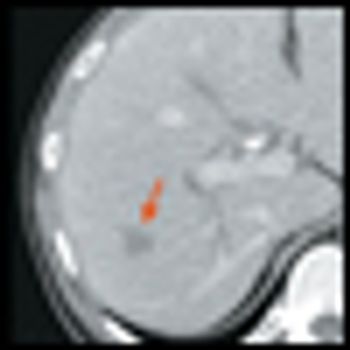
Since the early 1990s, postoperative adjuvant chemoradiotherapy was widely viewed as the main approach to treat patients with stage II and III rectal cancer. Over the past few years, significant efforts have shifted towards developing neoadjuvant approaches, which combine chemotherapy with radiotherapy prior to surgical resection.



































